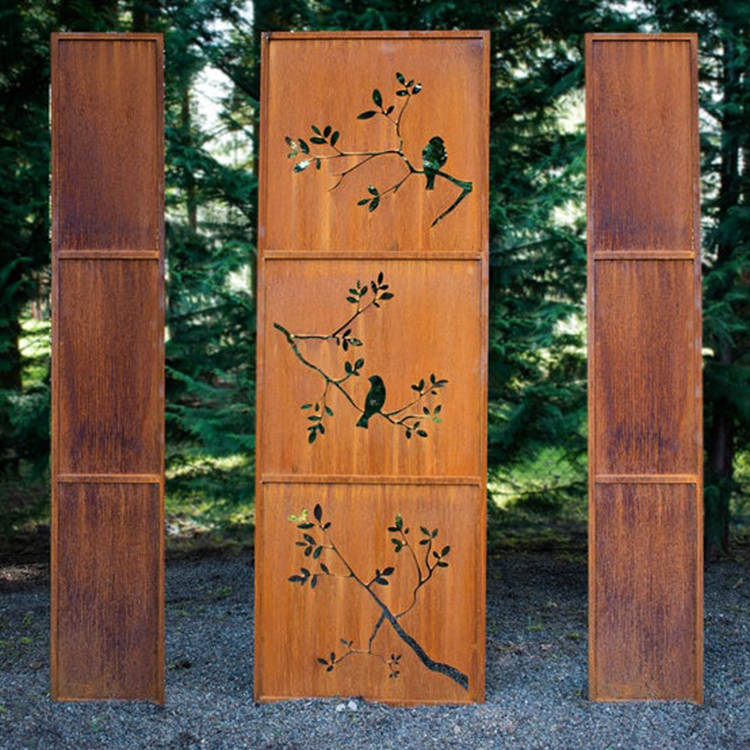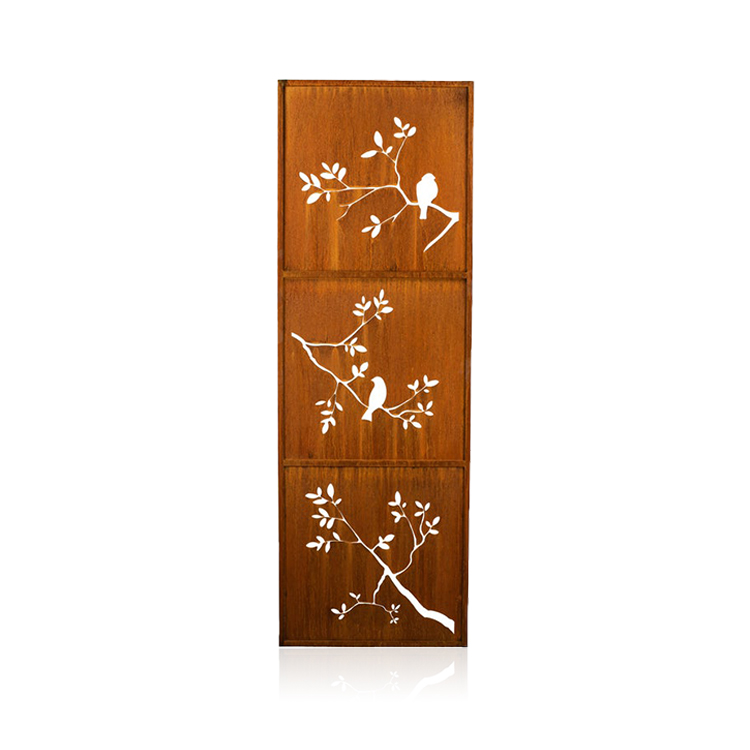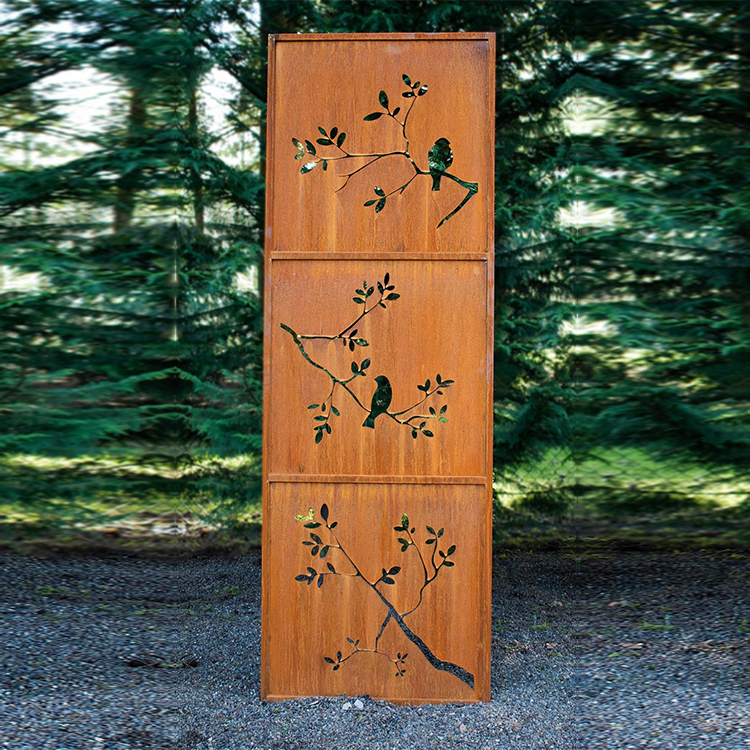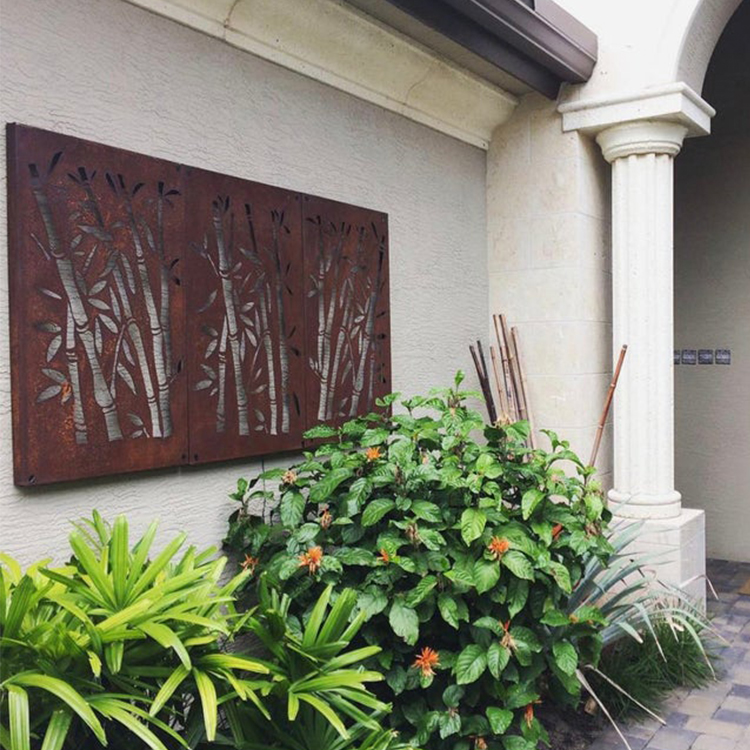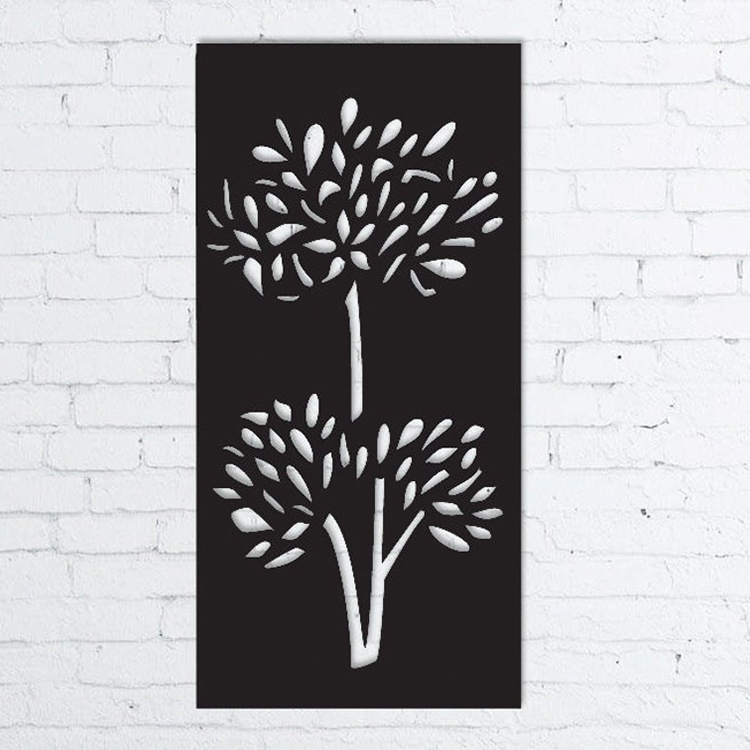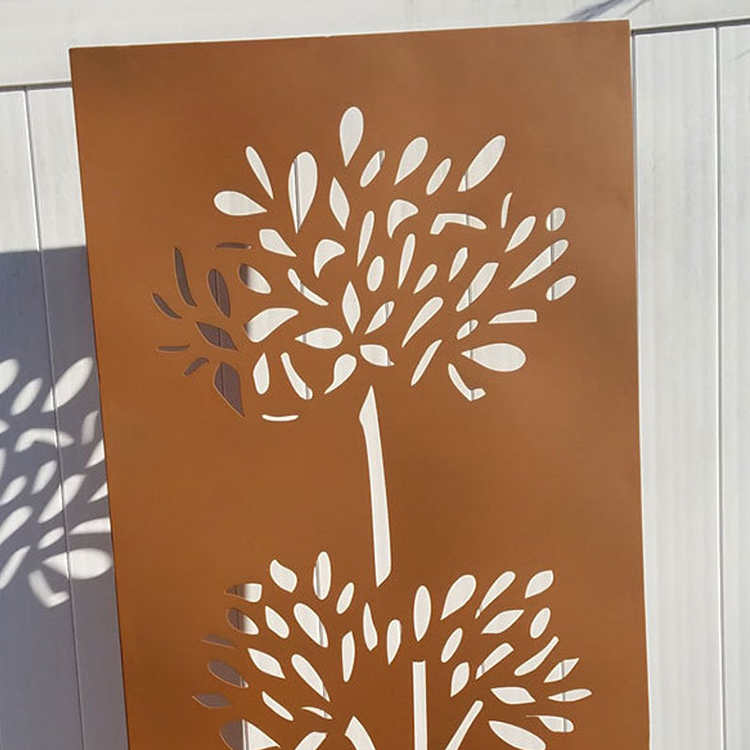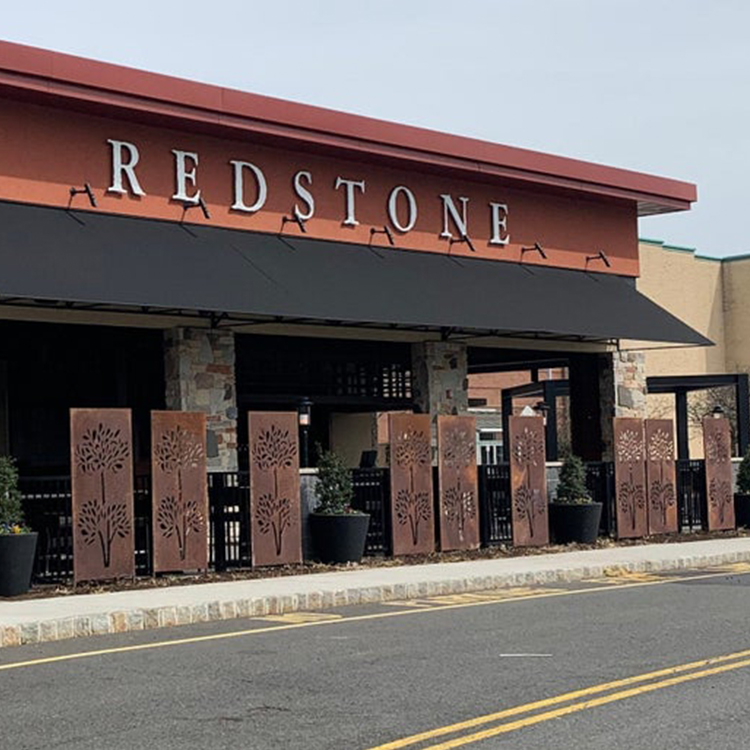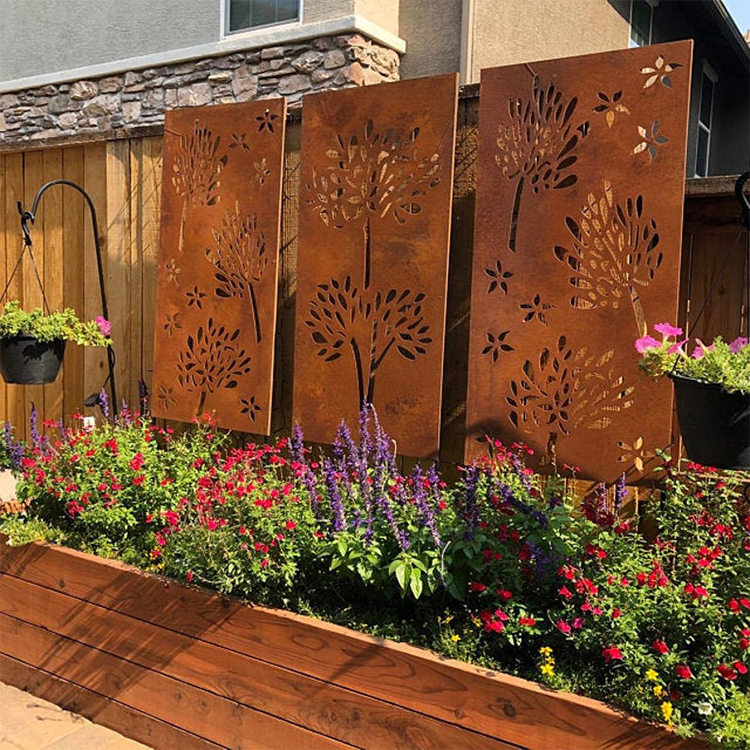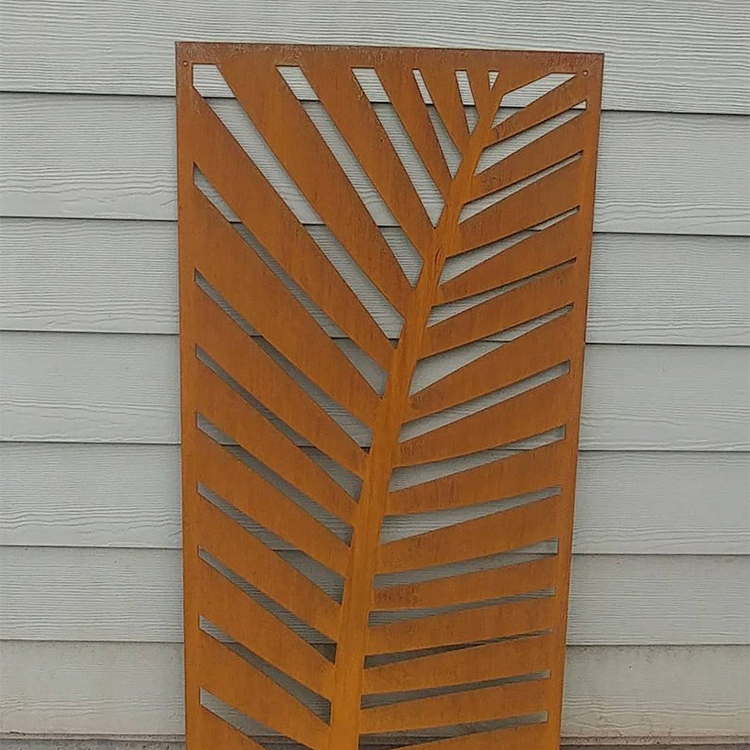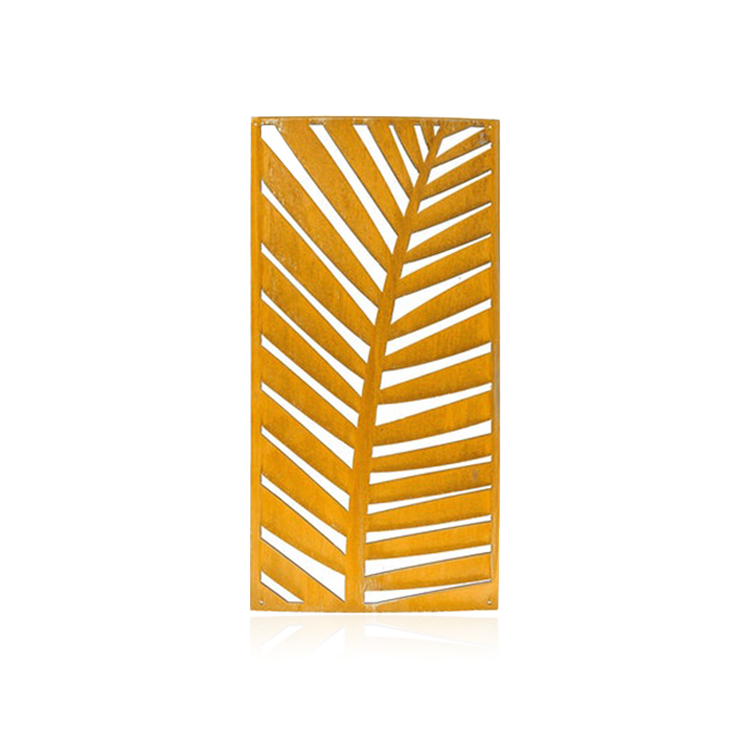
High-Quality Tundish Lower Nozzles for Steelmaking
Tundish Lower Nozzles are an important component in the steelmaking process. The tundish is a vessel that holds molten steel before it is poured into molds to make various products such as slabs, b...
DESCRIPTION
Tundish Lower Nozzles are an important component in the steelmaking process. The tundish is a vessel that holds molten steel before it is poured into molds to make various products such as slabs, billets, or ingots. The nozzles are located at the bottom of the tundish and help to control the flow of molten steel into the casting molds.
Tundish lower nozzles are designed to withstand the extreme conditions of the steelmaking process, including high temperatures and pressure. They can also reduce the amount of slag that enters the molds, improving the quality of the final product. Regular maintenance and replacement of tundish lower nozzles can help to maintain proper steel flow and increase the efficiency of the steelmaking process.
The material used to construct the nozzle is also critical for high-quality steel production. The nozzle is exposed to extremely high temperatures, abrasive materials, and corrosive elements, which can lead to wear and tear. Choosing a material that can withstand these conditions and designing the nozzle to resist erosion and corrosion can extend its lifespan and minimize maintenance requirements.
Customization options for tundish lower nozzles can further optimize the steelmaking process. For example, adjusting the size and shape of the nozzle orifice can help control the flow of molten steel into the mold, ensuring a consistent and uniform flow. Additionally, the nozzle’s angle can be customized to optimize the flow pattern for a particular casting process.
| Items | Upper Nozzle | Lower Nozzle | ||
| Zirconia core | Outside | Zirconia core | Outside | |
| ZrO2+HfO2(%) | ≥95 | ≥95 | ||
| Al2O3(%) | ≥85 | ≥85 | ||
| MgO(%) | ||||
| C(%) | ≥3 | ≥3 | ||
| Buik Density g/cm³ | ≥5.2 | ≥2.6 | ≥5.1 | ≥2.6 |
| Apparent porosity % | ≤10 | ≤20 | ≤13 | ≤20 |
| Crushing strength Mpa | ≥100 | ≥45 | ≥100 | ≥45 |
| Thermal shock resistance | ≥5 | ≥5 | ≥5 | ≥5 |
Related Products

